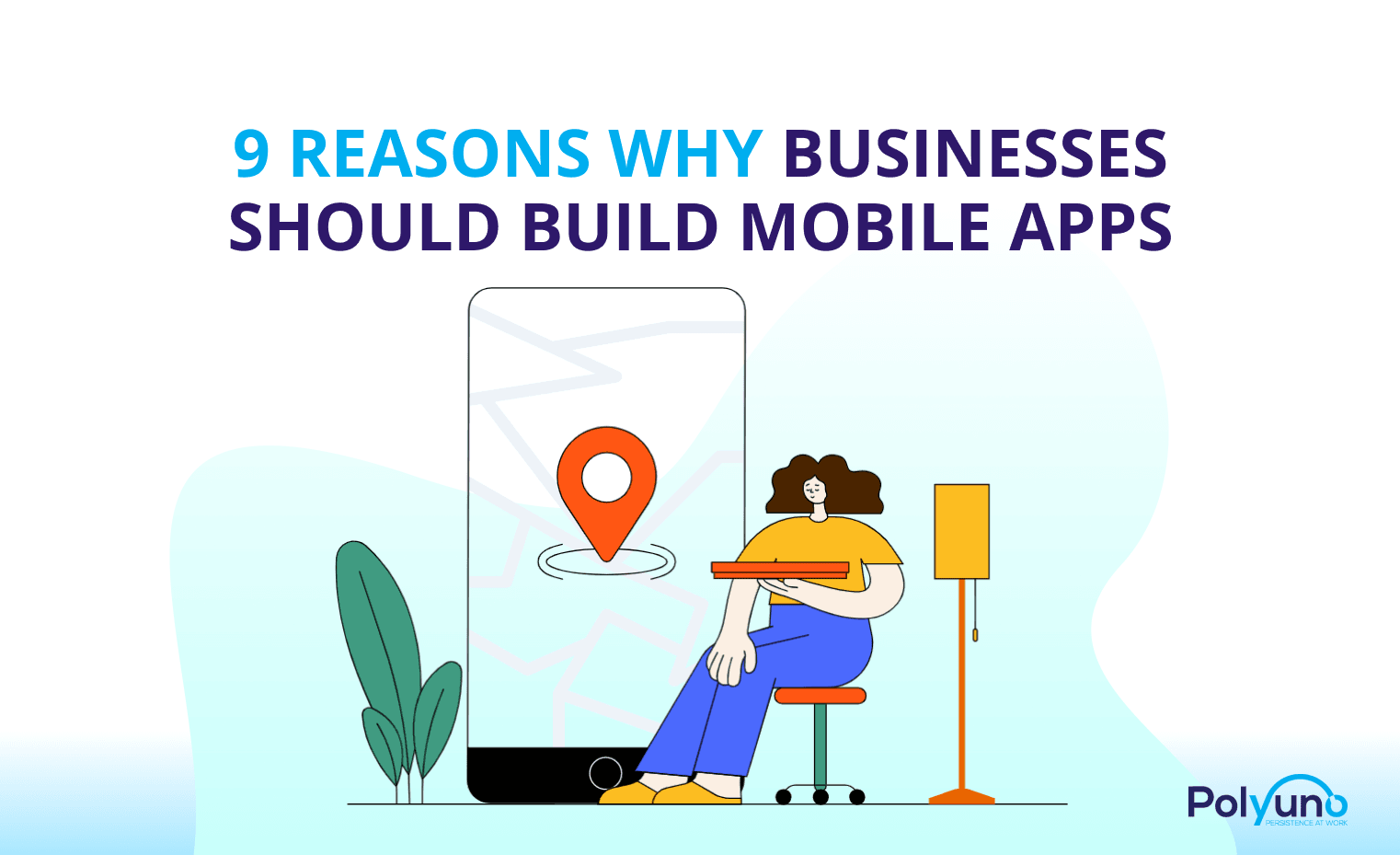
Gone are the days when large brands were the only ones who needed mobile apps. A ton of small businesses engage with their customers through their dedicated mobile apps. These companies are ahead of the curve and have elevated their digital marketing strategy, and they’ve done so by catering to the largest demographic on the face of the planet right now.
As of 2021, there are nearly 6.4 billion mobile users worldwide. This is why small and midsized businesses are hopping on the mobile app bandwagon.
Business owners realize that to implement an effective strategy for smartphones, they need to do more than just create a mobile-friendly website - their business also needs a functional mobile app.
So if you’re wondering how you too can take the next step and build great apps for your business, you’ve come to the right place!
Mobile apps are software systems tailored to certain platforms like iOS, Android, & Windows and created expressly for mobile devices.
Mobile apps, unlike online applications, may be downloaded from an app store (e.g. Google Play Store for Android and Apple Store for iOS), and therefore have the advantage of being able to operate without an Internet connection.
You must pay special attention to your strategy if you want to succeed with a mobile app for your business.
Albeit the primary purpose of your app is to communicate with your consumer base, the nature of that contact varies greatly from one business to the next.
Here are some of the most popular and effective ways we've seen on the market (with examples):
Apps are not necessarily made to be productive all the time. Sometimes they can be used to entertain customers.
You can keep the majority of your customers engaged in your brand's app by amusing them, even if you don't offer any rewards.
Coca-Cola Freestyle and Red Bull TV are effective applications from Coca-Cola and Red Bull, respectively.
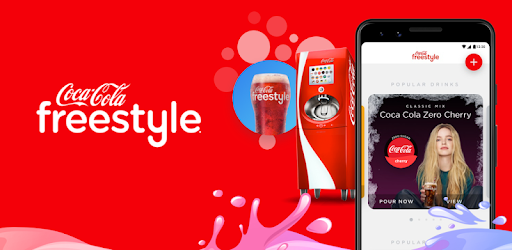
Mobile apps may also be a terrific method to increase consumer loyalty. Loyalty programs and incentives are offered by companies like Shopkick and Say2B to reward 'excellent customers'. As a result, customers continue to return to the brand in exchange for those advantages.
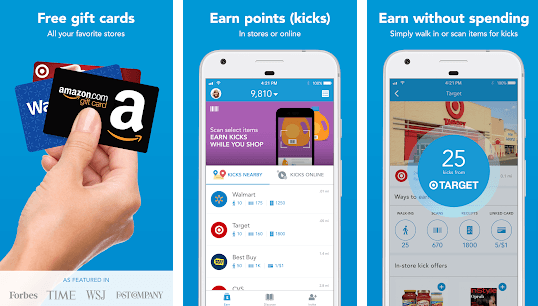
These applications allow customers to do activities or take advantage of services provided by your company from anywhere at any time. Task resolution is a standard feature in most mobile applications.
It might be a tool for remote workers to access client records, an app to remotely control their vehicles (TESLA), or even an app for booking tickets.
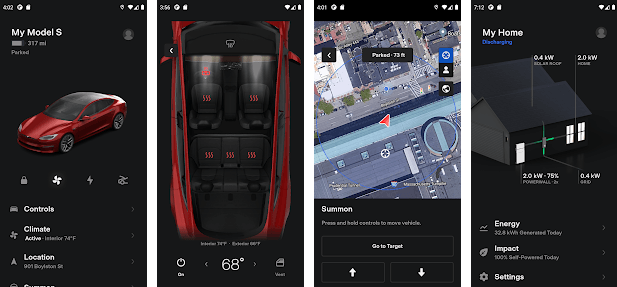
The core communication model is followed by these applications. They act as a link between brand workers or software and users for troubleshooting purposes. Customers may report issues and discover answers, while companies can alert consumers of upgrades and new features.
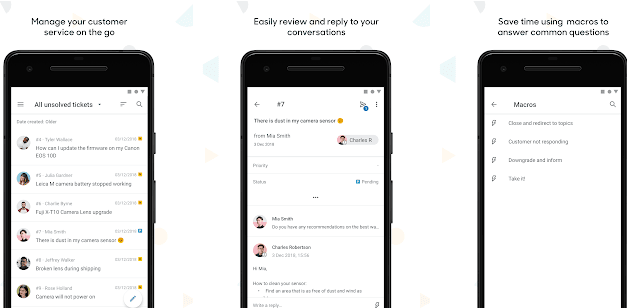
Mobile applications are also used by celebrities and service gurus to share their material in a digital arena that they control. Centr, for example, is a celebrity-fitness app that is promoted by Chris Hemsworth. It provides images, videos, and step-by-step workout routines that are Chris Hemsworth and his fitness team.
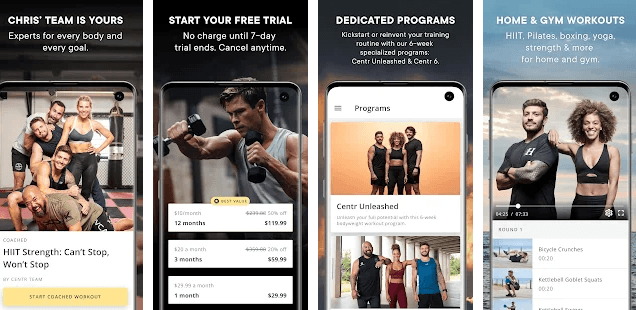
Firstly, the sheer amount of mobile applications on the market, as well as the near-universal and regular use of smartphones, justifies why your business needs a mobile app. If you don’t have one, you’re missing out.
Let us take the United States as a case study. According to eMarketer, nearly 90% of the time spent on mobile devices by adults in the United States is spent using applications.
SensorTower reported that global consumer expenditure on mobile applications on the App Store and Google Play totaled $64.9 billion in the first half of 2021. This was up 24.8 percent from the $52 billion earned by both businesses during the same period in 2020.
All of these statistics allude to one undeniable fact - mobile devices have become a core aspect of the consumer buying process on a global scale.
Moreover, consider the extra value that your new mobile app would provide to your devoted client base, especially if you contact them regularly to sell your products and share news or updates.
The app might alert your customers to new products and specials regularly while remaining discreet, as well as provide a loyalty program, improve customer service, and reduce friction from the purchasing process.
Finally, if your app is presentable and has fascinating material, your customers will love your business even more.
A badly operating, low-quality app, on the other hand, can generate a negative image for your company and may drive away present and future customers. If customers do not like your app, they will not hesitate to delete it from their devices.
Based on our experience, the B2C sector is the most likely to develop and sell mobile applications to its customers. Online retail outlets and service organizations, such as venues and organizers, fitness facilities, eateries, delivery services, and banks are the most typical examples.
However, we have all seen different sorts of apps that have proven to be successful with consumers.
Messenger applications, online dating, and a slew of others fall into this category. Many firms are also purchasing applications for internal usages, such as for effective internal communication within the team or for managing field worker tasks.
An app is an extension of your brand, allowing you to stay faithful to your brand while experimenting with how it might be presented on a whole different digital platform, potentially in an entirely new and inventive way.
It may also be viewed as a new company advertising platform that can say whatever you want to increase brand exposure as well as recognition.
To make things simpler, let’s break it down into two parts -
A mobile app gives you the possibility to reach out to new audiences. Business mobile application development, being a whole new platform, may also bring you a new group of clients, one who prefers to utilize apps over web browsers.
You'll make your goods and services more accessible and simple to use by going mobile.
Convenience is a top priority for modern consumers, and apps provide it right at their fingertips.
Customers utilize a tailored mobile experience to make faster and more educated buying decisions, in addition to being able to browse for items, generate and monitor orders from the comfort of their rooms.
This tendency may be seen in a survey that found that over 50% of mobile app users utilize them to fulfill their shopping demands.
Similarly, there are several other features that your clients would like if you include them in your mobile app. There's essentially no limit to how much value you may provide, from a complaints management system to online registration forms and intelligent data-based UX development.
Customers must be heard and have a simple means of communicating. Customers frequently convey that they need a response to a query they have about your service or their order.
Alternatively, they may wish to express their dissatisfaction. The premise is that the faster a client can convey their problems and obtain a response, the less likely they are to post a negative review. Mobile App design and development simplifies both of these procedures.
Mobile apps will help your company stand out from the crowd. Apps are incredibly important in today's technology, and employing them for business is getting increasingly popular.
Mobile applications, as opposed to traditional websites and other channels, do a better job of satisfying customers’ demand for speed. Given the numerous ways that a well-designed mobile strategy may improve your company's productivity, its total impact on revenue creation will ultimately become apparent.
Going mobile these days might mean more than just gaining a competitive advantage. In certain industries, it may even be required to stay competitive.
Still, it hasn't quite taken off across the board, giving you an advantage over your competitors.
Apps can provide a variety of services, including basic information, pricing, booking forms, search tools, user accounts, chat services, news feeds, and more.
One of the main advantages of having a mobile app is that it puts all of the information you want to provide your clients at their fingertips. This includes special offers and promotions.
You can quickly remind clients about your products and services whenever it makes sense with push notifications, which brings you even closer to a direct engagement.
It's passive and rather boring to learn about consumer habits, draw up their personalities, and ask for comments. It is thought to be a time-consuming, tiresome, and unnecessary task for consumers to undertake.
As a result, it either goes unnoticed or the organization needs to make a concerted effort to do it.
This input is collected regularly through mobile apps. A single source may provide information on a customer's search trends, special requests, and feedback.
Mobile apps, when integrated with Machine Learning, can offer you broad-level predictive insights on where the market is headed.
Customers anticipate a rapid answer to their questions and efficient service. The communication cycle is prolonged across websites, helpdesks, and call centers, and the efforts to contact the company appear to be driven by the customer's end.
The usage of mobile applications, which allow consumers to contact assistants and receive fast responses to their questions, can significantly minimize this wait.
Furthermore, Chatbots may automate these operations depending on a company's FAQs.
Chatbots are conversational apps that act like a human while talking with customers to help them solve their problems. As helpdesk assistants, mobile applications improve customer support by giving immediate solutions to problems.
Customer experiences are always changing. Businesses cannot depend on any guidelines for the kind of experiences that will appeal to and engage end-users. Over a short time, these encounters have changed dramatically.
The comfort and convenience with which the end-user may use your services, as well as the effectiveness with which the needs are met, all contribute to an excellent experience.
A mobile app is tailored to a customer's fundamental needs and offers a superior user experience over websites or other forms of communication. It is regarded as an open and straightforward alternative for end customers since it is convenient and smooth.
Almost every successful firm has a high client retention rate. By providing outstanding value to your consumers and ensuring that they are continually pleased, it is generally feasible to retain a high retention rate.
Loyalty programs, on the other hand, are a great opportunity to take things a step further.
While having a loyalty program is a terrific concept, many business owners miss the target and wind up creating a difficult-to-join program.
Mobile loyalty programs might help you avoid this typical blunder. Here are a few simple methods to include loyalty programs into your mobile application:
The benefits a mobile app can provide are now greater than ever. Mobile devices now account for the majority of web traffic. Having a mobile app for your company puts you in a good position to take advantage of this trend.
Incorporating a mobile app benefits nearly every section of your business - from marketing to customer service. You should not be asking if your business needs a mobile app, you should be asking how you can build a mobile app for your business.
If you’re looking for a reliable service for your app development needs - you can put your trust in PolyUno. Book A Call today!